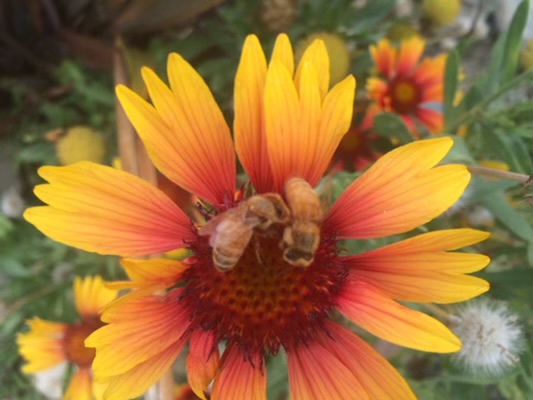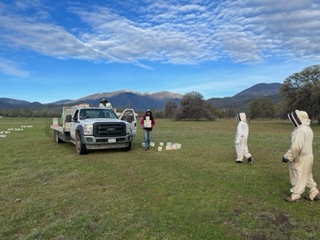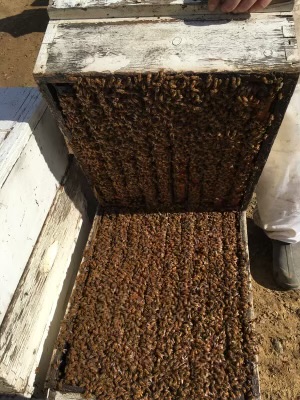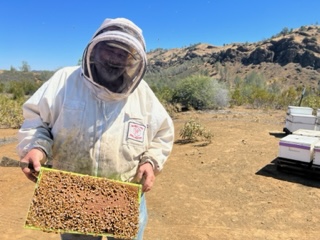

Frank goes to a lot of effort to select hives in the fall and set them aside for testing. He culls those that don't pass the tests and re-sorts them. In the spring, the process is repeated with our tests. Outside independent researchers then come to Stonyford to run a battery of tests. We get the analysis back from the lab and use this information in our selection process.
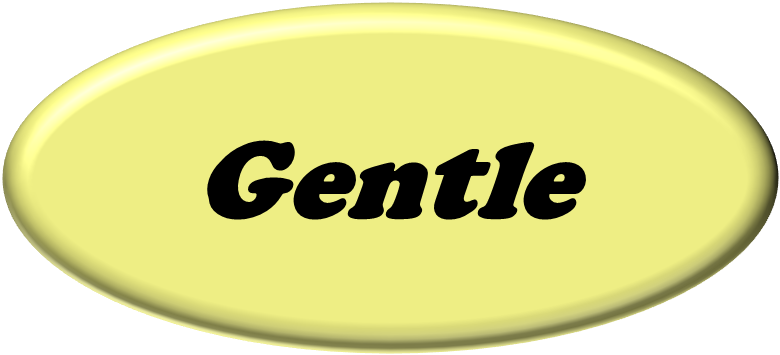
Italian honey bees are known as the gentler of the breeds as compared with Russian, Carniolan or Buckfast honey bees. Italian bees are especially good for beginning beekeepers, and those who prefer to work bees in a short sleeve shirt to stay cooler. Frank usually works his bees in a short sleeve shirt as well as our queen cagers who prefer short sleeves. Some queen cagers even wear shorts in the summer.

Italian honey bees are known for their quick brood build up in the spring and thus larger populations of bees for honey production. This makes our bees excellent for large bee populations going into Almond Pollination, and ready to be divided or supered for honey production when they come out of pollination. Get the hives supered in the spring and you will be prepared for a great honey crop!
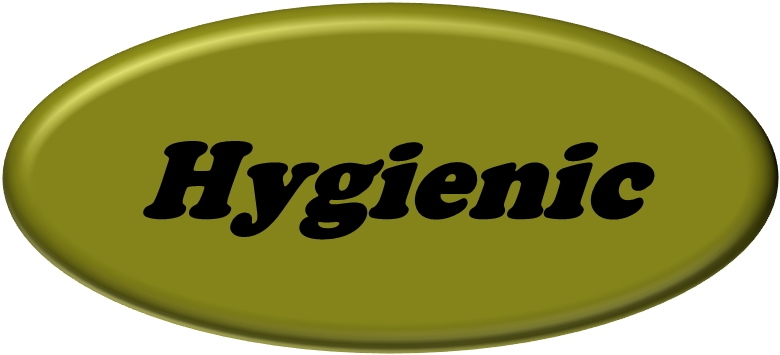
We take great care to select the very best hives from our outfit to use as breeders. We particularly select for hygienic behavior. We use Nitrogen testing at a 24 hour interval to identify the most hygienic hives.
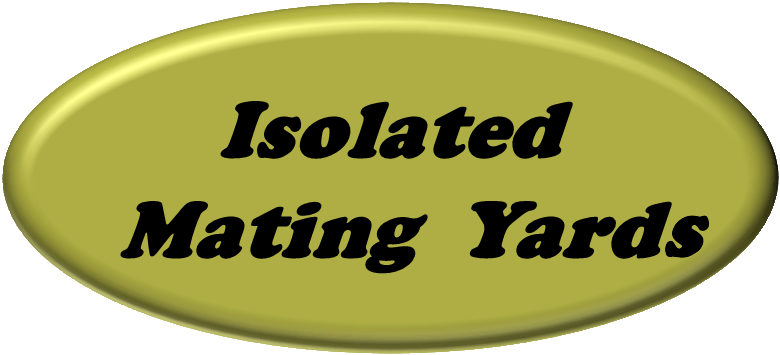
Stonyford, California is in Northern California just a few miles from the Mendocino National Forest. Our town has about 300 people in it, one beekeeper (us), and one general store where we buy our food, gas and sundry items. The biggest industries in our town are cattle ranchers and those who work for the national forest service. All that cattle land makes it possible to raise queens free of any agricultural spraying of row crops or orchards.
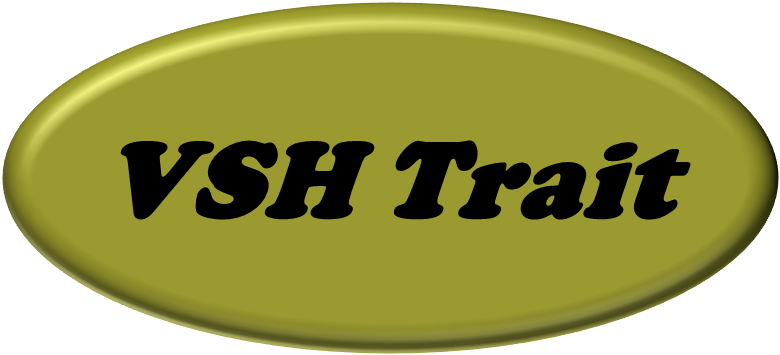
The VSH stock that we use and incorporate into our own breeding program originates from the ARS bee lab in Baton Rouge, LA. VSH stands for Varroa Sensitive Hygiene. To learn more about the VSH trait (also previously know as the SMR trait) please visit the USDA website at www.ars.usda.gov
